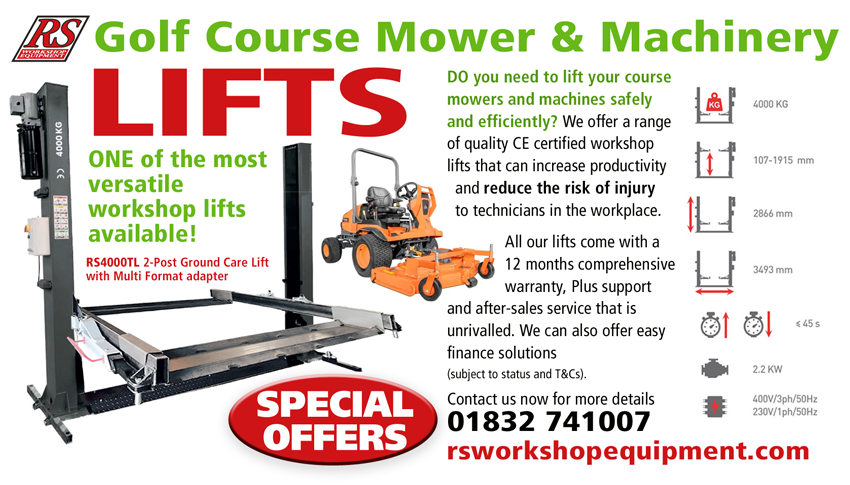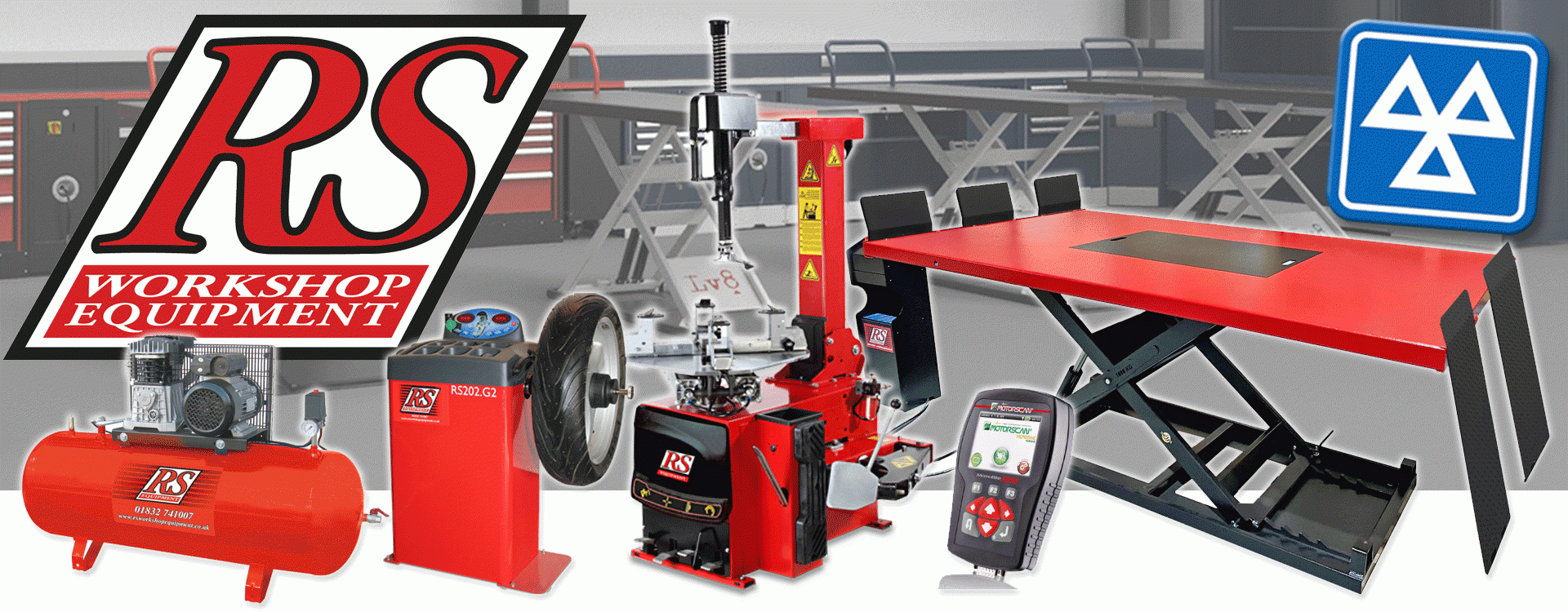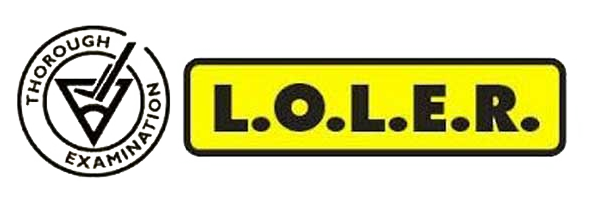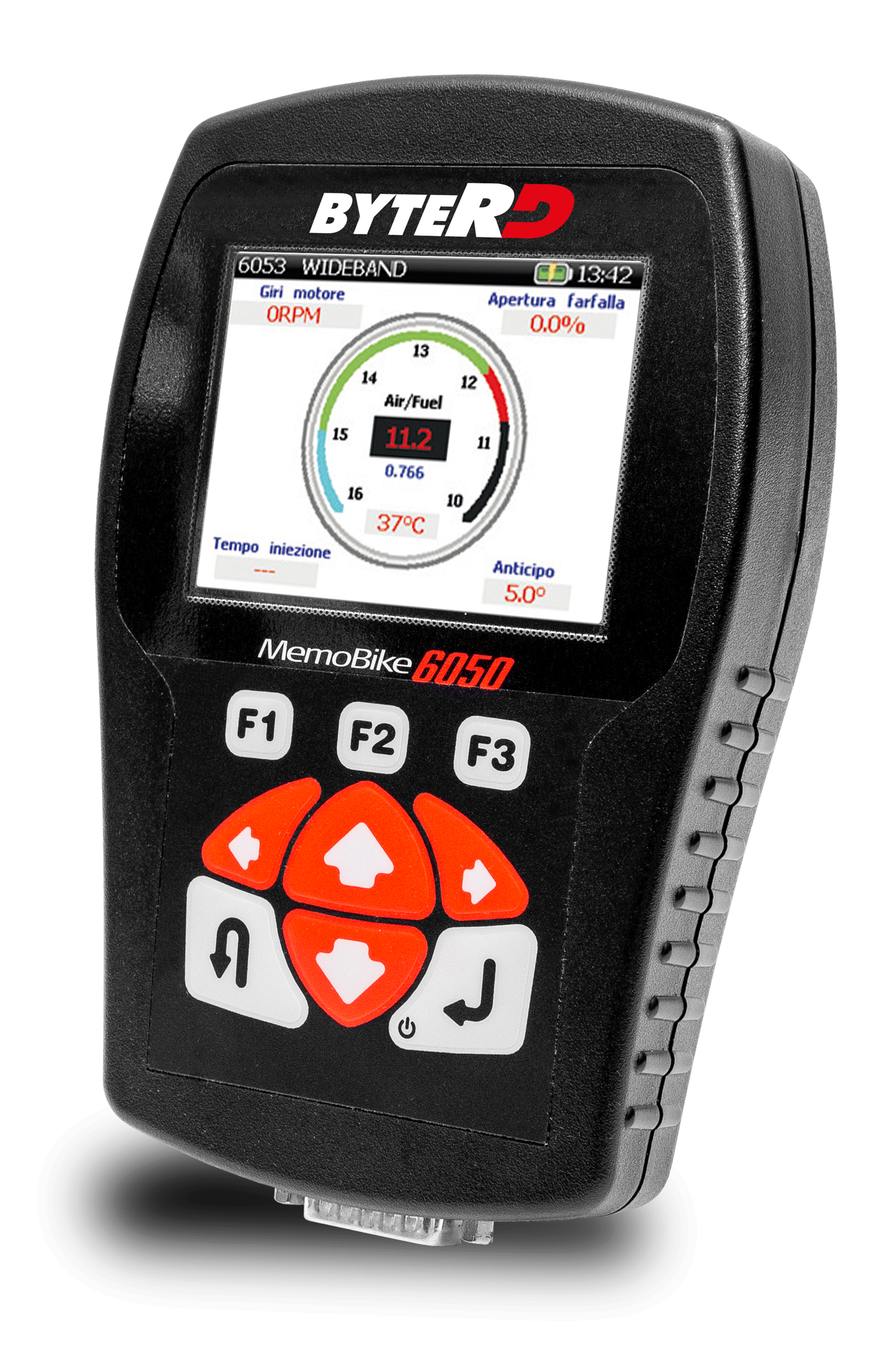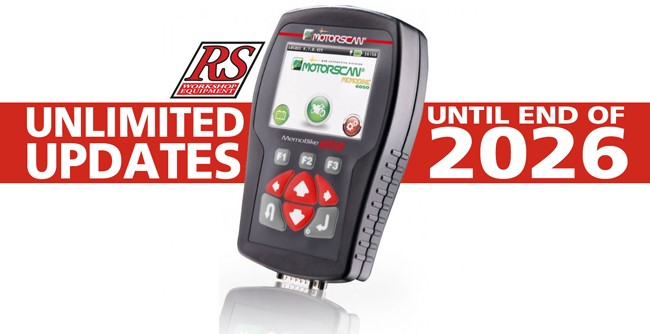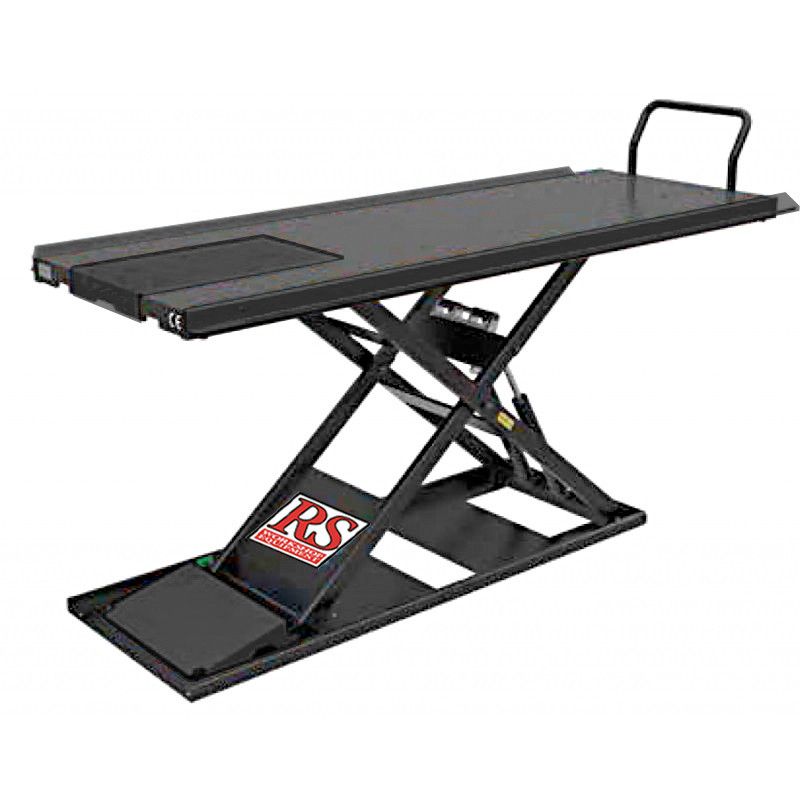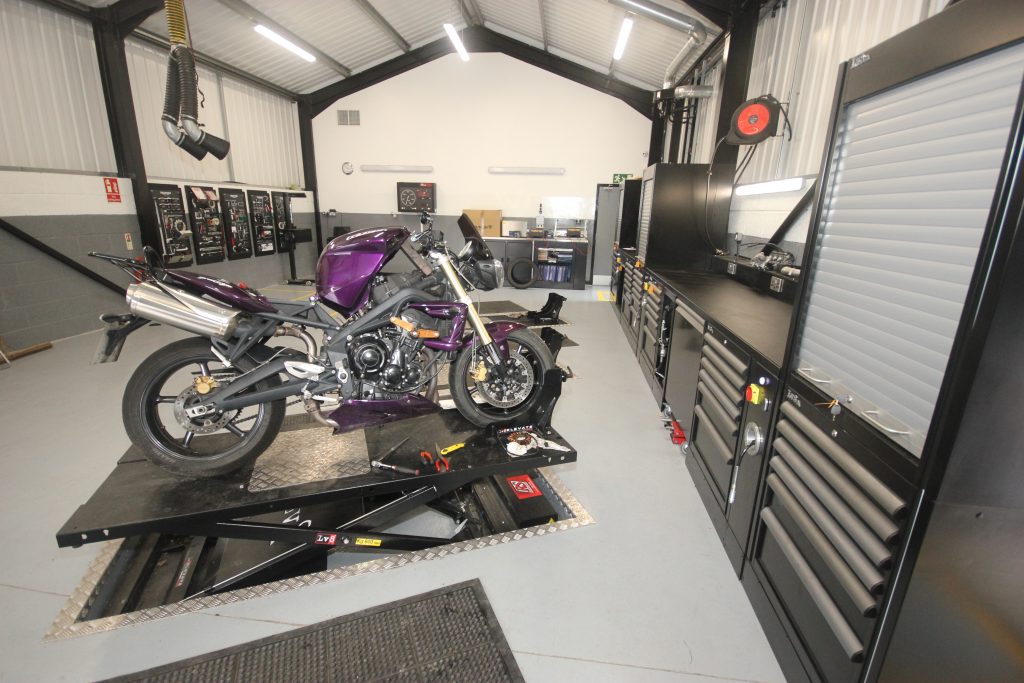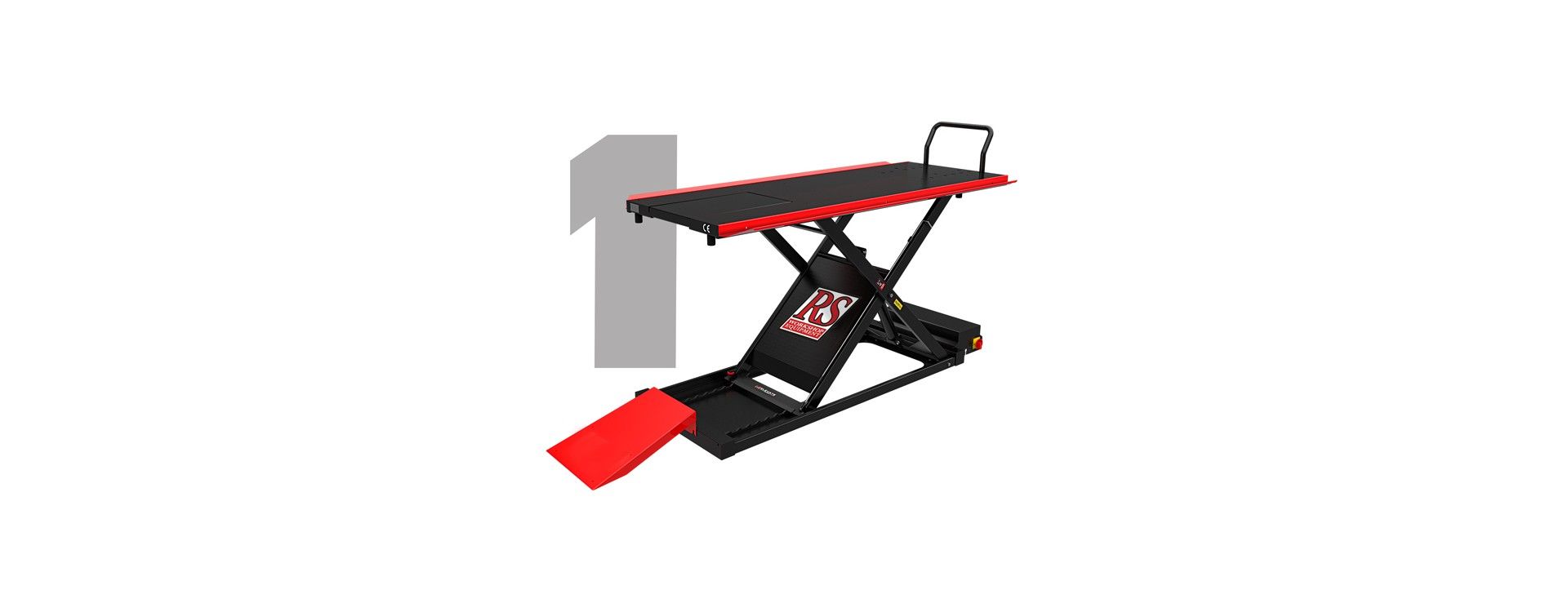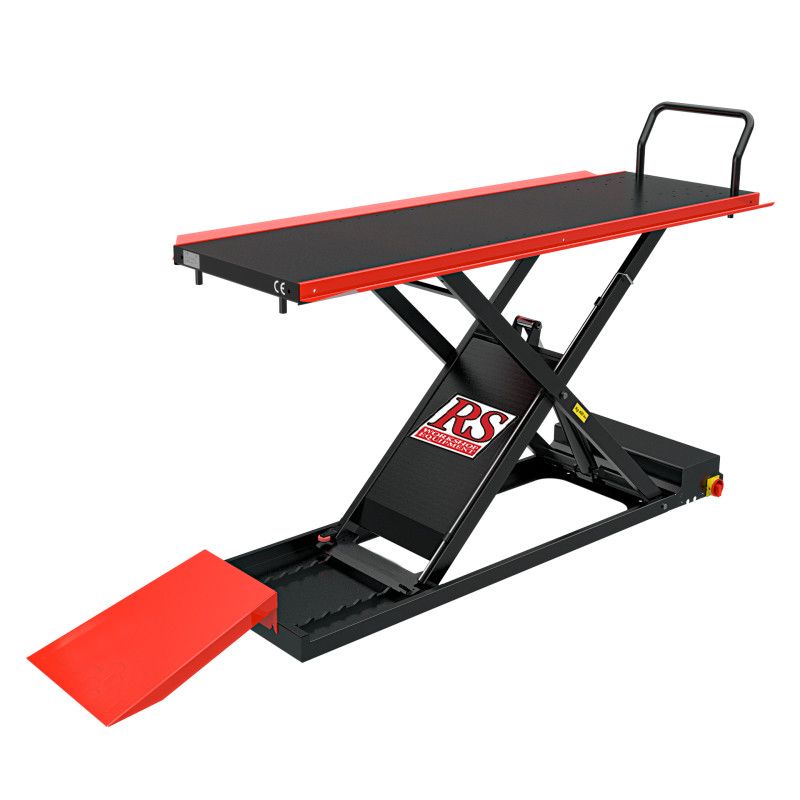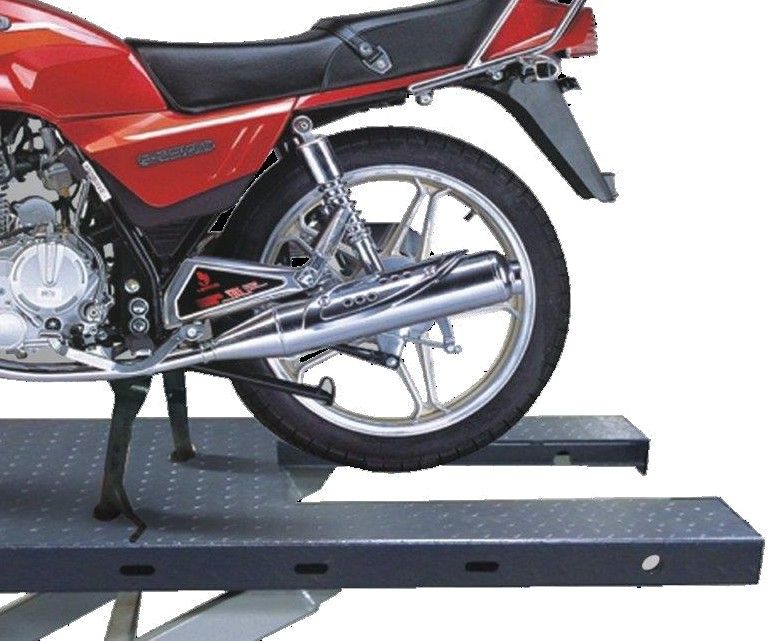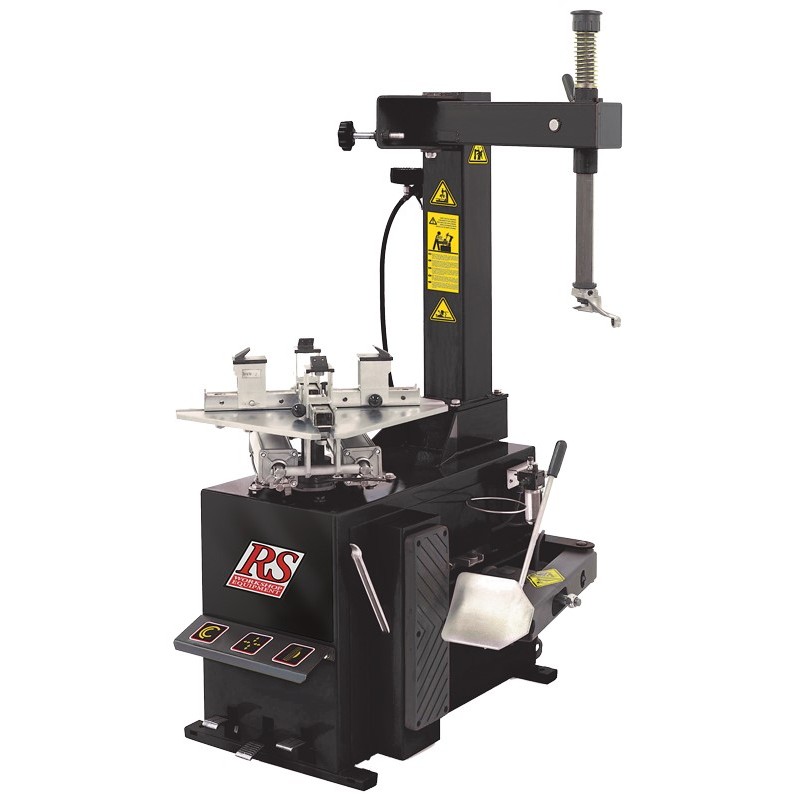Lifts for ride-on mowers and much more
The benefits of using a lift to raise mowing machinery to safe height not only makes working on this type of equipment in your workshop more practical and efficient. It just makes sense. No more straining to locate the parts that need attention, No more kneeling on a hard, cold floor, and no more propping up precariously on some random contraption..
What’s on the market?
A variety of weird and wonderful variations exist. But when in making an investment that can be vital for the safety of your workforce and the quality of maintenance and repairs in your workshop why wouldn’t you opt for something that is certified, proven and built to do a specific job well.
What should you look for . . ?
- A piece of equipment that has been specifically designed for its purpose
- Built with quality materials and components
- Regulated Certification or Approval in the country where it will be used
- Adequate lifting capability – it should not be working at its limits
- Large enough to accommodate machinery to be lifted
- Single or three phase with correctly rated fuse.
- Warranty and knowledgeable local after sales support
- Proven track record
- Remember price is not always indicative of quality
- Customer recommendations
Where should one look . . ?
The first place to look these days tends to be the interweb, search for
Specialists in lifting equipment for professional workshops for the machinery you are trying to lift. No-one can give authoritative advice unless they are dealing day-to-day in the field. Specifications of equipment varies, most machinery has specific lifting requirements. Bear in mind…
- safety features and compliance (LOLER etc.)
- suitablility
- weight and height
- configuration of the machines’ wheels
- access points
- electro-hydraulic
- scissor lift
- two or four posts
- electrical supply
- cost
When you’ve taken time to consider these points make a call and talk to someone. Ask if they can provide on-site advice. Oft times you will get a good idea as to whether you are talking to someone who knowledgeable as opposed to a person reading a crib sheet or script. Don’t trust to luck – call RS Workshop Equipment!

